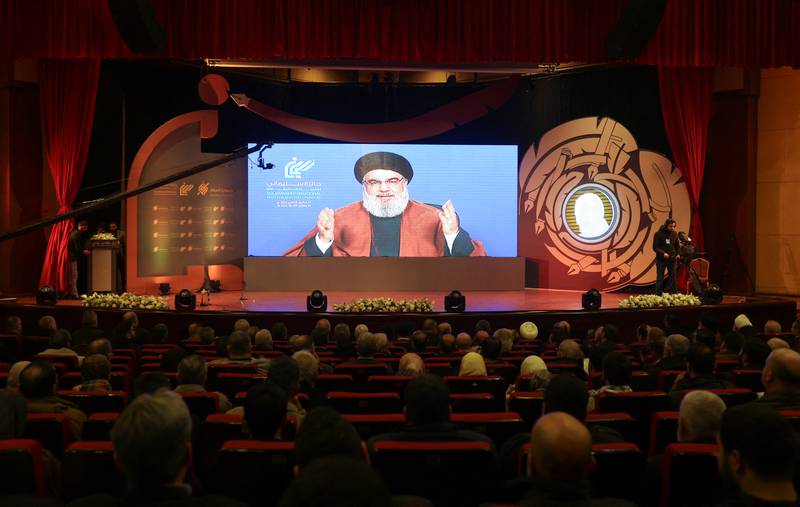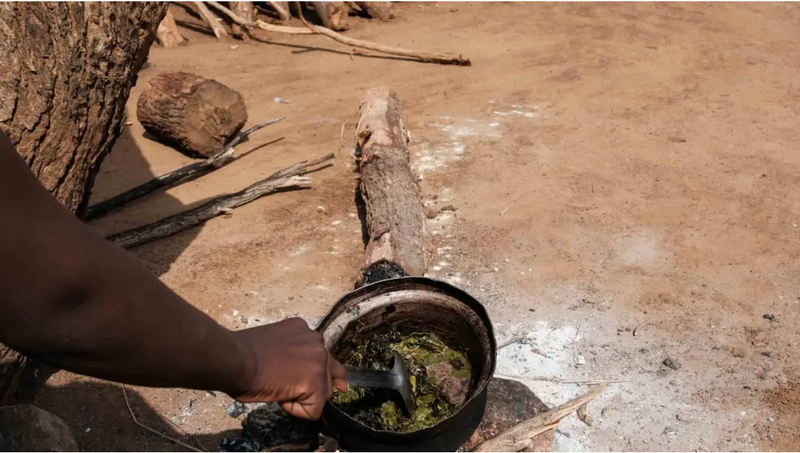US Sanctions Lebanon Money Exchanger Over Alleged Hezbollah Ties
On Tuesday, the US Treasury announced sanctions against Hassan Moukalled, his two sons, and his business — CTEX Exchange — over alleged financial ties to the Iran-backed political party and militia, Hezbollah, which the US considers a terrorist organization.

Facts
- On Tuesday, the US Treasury announced sanctions against Hassan Moukalled, his two sons, and his business — CTEX Exchange — over alleged financial ties to the Iran-backed political party and militia, Hezbollah, which the US considers a terrorist organization.
- Moukalled, a Lebanese economist who often appears as an economic analyst in local media, ran a money service business which the US believes facilitates financial transactions on Hezbollah's behalf.
- The US accused Moukalled of working closely with senior Hezbollah financial officials to help the group "establish a presence in Lebanon’s financial system” and of “carrying out business deals on behalf of the group throughout the region.”
- The US also said that the company had obtained a significant market share of Lebanon’s currency transfer sector, reportedly collecting millions of dollars for the central bank after receiving a license to transfer money within Lebanon and abroad in mid-2021.
- The Lebanese Company for Information and Studies (LCIS) was also targeted by the sanctions, along with the Lebanese Company for Publishing, Media, and Research and Studies (LCPMR) — both are owned or controlled by Moukalled, who says the allegations against him are false and maintains that all his businesses operate legitimately.
- People in Lebanon have struggled to access their savings since the country spiraled into a severe economic crisis in late 2019, as banks reacted by freezing accounts and putting limits on withdrawals. That, along with hyperinflation, has created a cash-based economy that heavily relies on a large volume of currency transfers.
Sources: Reuters (a), National News, Associated Press, Naharnet, and Reuters (b).
Narratives
- Pro-establishment narrative, as provided by Treasury. The US has taken necessary action to root out corruption and terror financing through sanctions against Moukalled. Hezbollah has taken over Lebanon and put the country under Iranian-backed occupation — it's necessary for the US to support the Lebanese people against these tyrants.
- Establishment-critical narrative, as provided by Al Mayadeen. These sanctions are just the latest imperial act by the US designed to strangle any and all opposition. The only reason Moukalled was sanctioned was to pressure Hezbollah into capitulation, something it will never do. Hezbollah and the resistance as a whole are stronger than the Western agents attacking Lebanon's sovereignty.
- Narrative C, as provided by National News. Though much of the media's attention has been focused on Moukalled and Hezbollah, it seems that the US's primary aim may be signaling to the head of Lebanon's central bank, Riad Salameh, that it will not turn a blind eye to his dealings with Hezbollah. Salameh has always presented himself to the US as a victim of Hezbollah's control over the country's institutions, but in reality, it seems that he is fully complicit in Hezbollah's financial goals.






